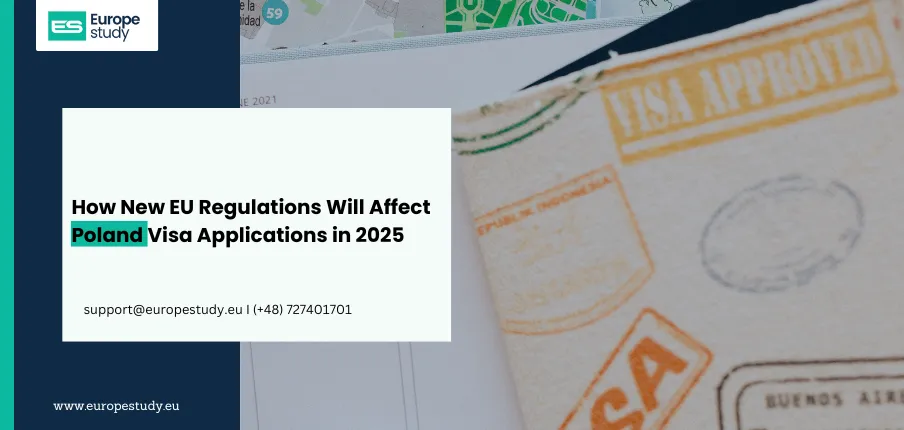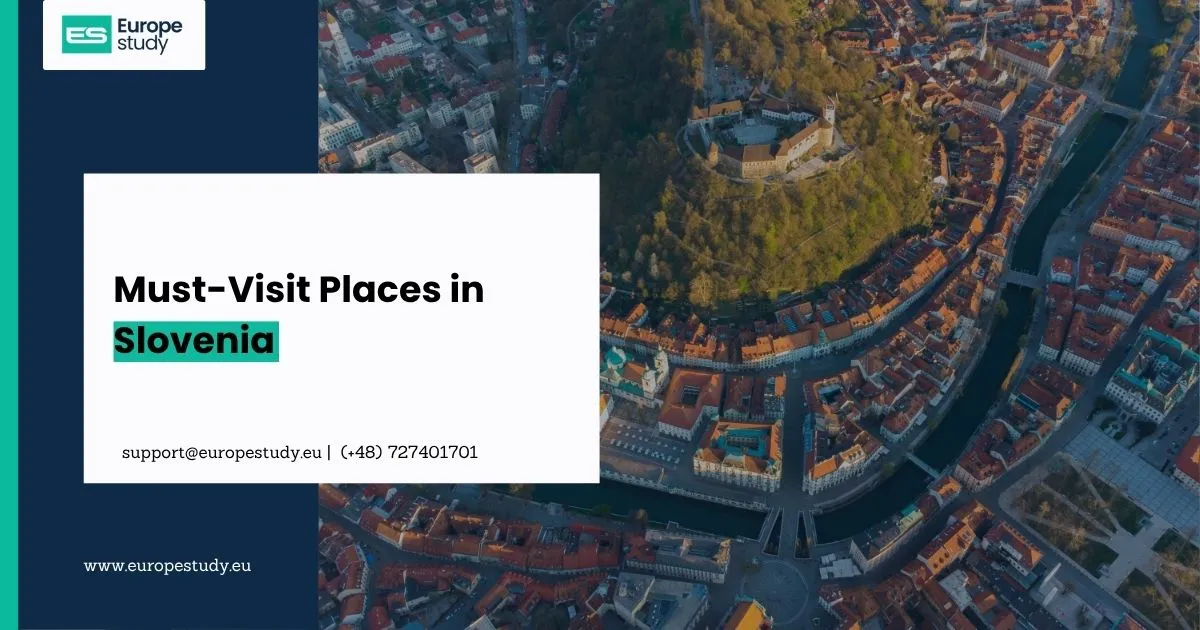
How New EU Regulations Will Affect Poland Visa Applications in 2025
Poland, as a member of the European Union, is aligning its visa policies with recent EU-wide regulations set to take effect in 2025. These changes aim to enhance security, streamline application processes, and address labor market needs. Below is an overview of the key modifications and their implications for prospective travelers and migrants.
1. Introduction of the Entry/Exit System (EES)
Starting in October 2025, the EU will implement the Entry/Exit System (EES), an electronic border management system that will replace traditional passport stamps. This system will automatically record non-EU travelers' entry and exit times, locations, and biometric data, including fingerprints and facial recognition. For travelers to Poland, this means border crossings will be digitally tracked, enhancing security and making travel within the Schengen Area more efficient.
2. Launch of the European Travel Information and Authorisation System (ETIAS)
In late 2026, the EU will introduce the European Travel Information and Authorisation System (ETIAS), which will require travelers from visa-exempt countries to obtain prior authorization before entering Poland and other Schengen countries. This online application will involve a small fee and will be valid for three years or until the traveler's passport expires. While ETIAS is not a visa, it will become a mandatory requirement for short-term visits, such as tourism and business travel.
3. Digitalization of Visa Applications
Poland is transitioning to a fully digital visa application process. Applicants for Schengen (C-type) and national (D-type) visas will now submit all documents online through the official portal. This move is intended to reduce paperwork, shorten processing times, and improve transparency. Biometric data collection, however, will still require in-person appointments at a consulate or visa application center.
4. Increased Visa Fees
In line with EU regulations, Poland has increased its visa application fees. As of mid-2024, the fee for a Schengen visa is €80 for adults and €40 for children aged 6–12. National visa fees have risen to €135. These adjustments reflect the administrative and technological costs associated with the updated processing systems.
5. Stricter Visa Issuance Policies
Following past controversies involving fraudulent visa practices, Poland has adopted stricter policies for issuing visas. There is now a greater emphasis on verifying the legitimacy of visa applicants, especially for student and work visas. Authorities are conducting more thorough background checks and scrutinizing supporting documents to prevent misuse of the visa system.
6. Reforms to the EU Blue Card System
Poland is implementing changes to the EU Blue Card system to attract highly skilled non-EU workers. These reforms allow Blue Card holders to engage in business activities and make it easier to switch employers without needing a new permit. In addition, Blue Card holders from other EU countries will be permitted to work in Poland for up to 90 days within a 180-day period without needing additional authorization.
7. Permissions for Job Searching on C-Type Visas
A significant new policy allows holders of C-type Schengen visas to seek employment while in Poland. Although visa holders cannot begin working directly, they can attend interviews and network with potential employers. This initiative aims to attract skilled individuals and address labor shortages in key industries.
8. Measures Against Visa Appointment Exploitation
To prevent the misuse of visa appointment slots by intermediaries and unauthorized agents, Poland is developing a new IT system that includes biometric verification. This system will ensure that appointment bookings are made only by genuine applicants and is expected to be rolled out gradually in select regions.
Conclusion
The new EU regulations and Poland's visa policy updates for 2025 reflect a broader push toward digitalization, transparency, and better border security. While these changes may introduce new steps and slightly higher costs for applicants, they also promise faster processing, fewer errors, and stronger protections against fraud. Those planning to travel, work, or study in Poland should stay informed and prepare early to adapt to these evolving requirements.





